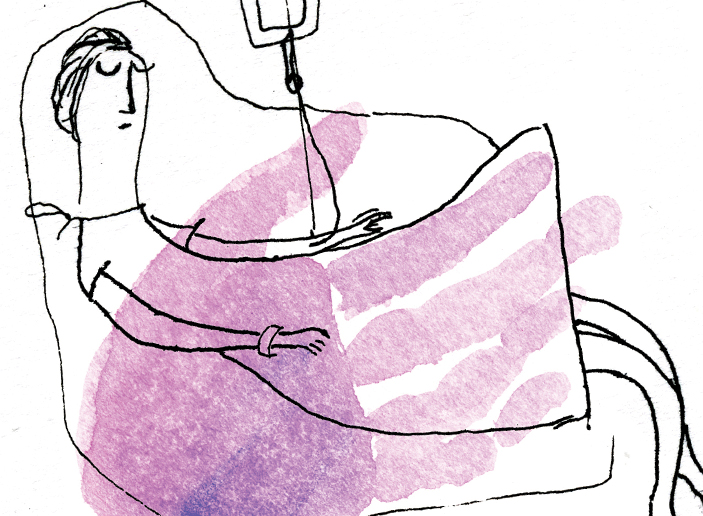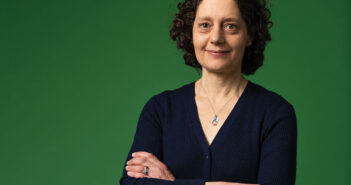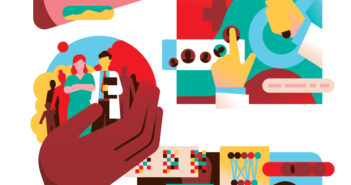When is it right to share our personal struggles with patients?
I remember the day like it was yesterday. I was 10 years old, dressed in kid pajamas with sleep still in my eyes. I walked upstairs with a sense of purpose. “I can’t take it anymore,” I told my parents. At that point it had been a year since we found the surgeon who was finally able to offer the chance for relief from my painful congenital malformation, a mass of extra veins, an error of transcription. Yet the surgery he offered was risky and inevitably my decision. For the rest of the year I had wrestled with this choice, pitting the dangers against my pain. That morning when I spoke, my voice had a new tone of resolution. It was the start of my new story. The day I knew the risk of losing my left hand—or worse, my life—was worth the possibility of living without pain, like a normal kid.
Common pedagogy in medical training teaches us that what we offer patients is our knowledge; this skillset is generally encouraged through professional distancing. Yet many physicians, as I did, go into medicine because of personal or family experiences with illness. Nevertheless, these narratives often remain untold to patients. But my own ongoing experience on both sides of the medical field leaves me wondering: are there instances when our therapeutic relationship would benefit from bending convention for the sake of healing? What place should our own stories have at the bedside?
When I was young with little ability to cope, I would tell new friends who asked about my purple hand that I’d been in a shark attack or a car wreck—white lies to cover my pain. During my childhood my parents were relentless in their pursuit to find someone who could help. It took 10 years of searching (long before the Internet) to finally find Dr. Upton, a surgeon in Boston who inspired hope. Like most things of worth in life, the surgery he offered came with great risk. “This decision has to be yours,” my parents had said as I sat staring back and forth at my hands in his office. A year later I came to a breaking point of pain, and marched up to my parents with my declaration.
The next summer I underwent a 13-hour surgery at Boston Children’s Hospital—an operation I went through again two years later. The next few months I spent relearning how to use my hand, willing every muscle to tie my shoes, hold a cup, and give a thumbs-up. My parents were right there with me the entire time, pacing the halls while I was in surgery, taking shifts so I would not be alone at night. At the end of the summer, my life was inexpressibly changed. Yes, I was still in pain, but it was a manageable level. I had taken a chance that impacted the course of my life. Now, as a resident, these memories and my continued challenges shed precious perspective on my work, giving new meaning when I least expect it.




